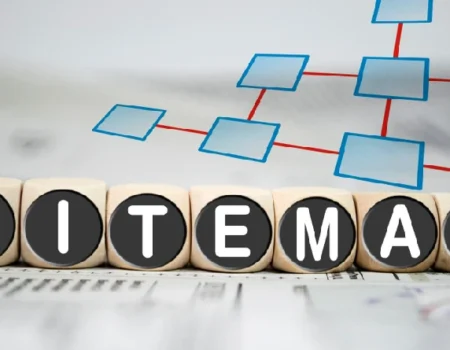Google’s New Domain Structure: What’s Next For Hreflang?
Google is making a big change to how its domains are structured. All Google domains that are country-specific will soon automatically redirect to Google.com.
Even though this affects Google’s domain setup, Google has assured that it won’t change how international SEO works for websites.
Google Consolidates Domain Structure:
Google has announced that it will phase out country-specific domains like google.fr (France), google.ca (Canada), and google.co.jp (Japan). These will eventually redirect to Google.com.
According to Google, this change is possible because they can now deliver locally relevant results, no matter which domain you use.
Implementation Timeline:
Gradually, the change will be rolled out over the upcoming months. This gives users time to adjust to the new setup. While the URL in your browser will change, Google says the search results will stay the same. They’ve emphasized that this update will not affect how Search works or how they follow national laws.
Connection to Hreflang Evolution:
Some individuals believe that Google’s handling of foreign material may be connected to the domain change. However, Google hasn’t confirmed this link. In July, Google’s Gary Illyes suggested that Google might depend less on manual hreflang tags and more on automatic language detection.
SEO expert Montse Cano shared this idea on social media, saying, “hreflang might change due to improvements in AI.” But Google’s John Mueller has made it clear that nothing has changed with international SEO, so these speculations might be too early.
Implications for SEO Professionals
This change affects SEO professionals, especially those working on international websites. Here are a few things to note:
- Your analytics might show different traffic patterns as visitors are redirected to Google.com.
- Users will likely get a more consistent experience across different regions, while still seeing localized results.
Next Steps:
Even though Google is improving automatic detection, SEO professionals should still:
- Keep using hreflang tags.
- Ensure your website clearly indicates language and regional targeting.
- Monitor your analytics to spot any traffic changes during the transition.
- Think about how this change might affect SEO strategies that relied on country-specific domains.
Mueller also stressed that website owners shouldn’t copy Google’s domain changes for SEO reasons. As Alan Perkins pointed out, this move is a business decision for Google, not an SEO practice that everyone should follow.
Partner with our Digital Marketing Agency
Ask Engage Coders to create a comprehensive and inclusive digital marketing plan that takes your business to new heights.
Key Takeaway
This change reflects how Google is evolving its business strategy, but it won’t affect international SEO much, according to Google. While there’s talk about automatic language detection, Google hasn’t confirmed any changes to how international content or hreflang signals are handled.
SEO professionals should view this as part of the natural evolution of search technology and stay alert to any effects on international search visibility. However, core international SEO practices remain the same for now.







